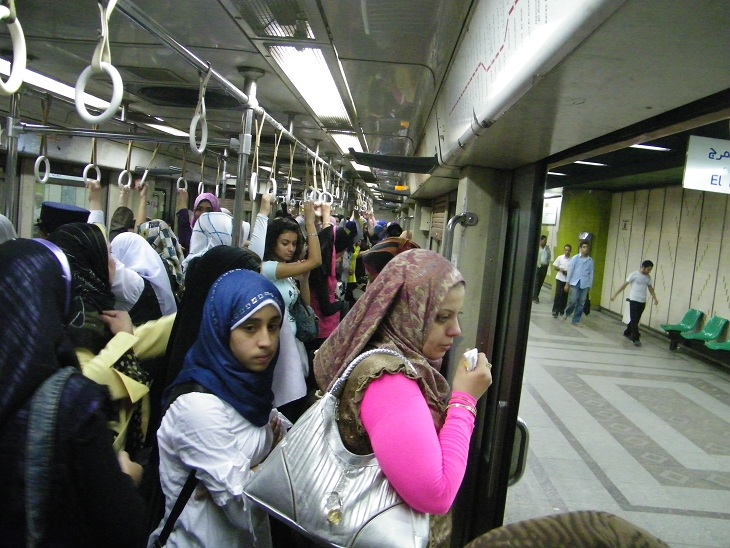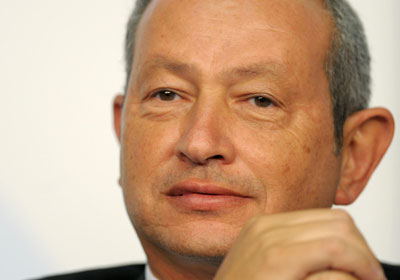The banks operating in the Egyptian market are racing to implement the programme launched by the Central Bank of Egypt (CBE) on 10 January to support the small and medium enterprises (SMEs).
Banque Misr, the second biggest public bank in Egypt, began last week proposing funding products that suits the needs of the SMEs with annual revenues ranging between EGP 1m and EGP 20m.
The bank aims to fund these projects with a 5% simple declining interest rate for all the activities and sectors, through specialised departments in its branches located in all governorates. The bank will also offer financial advice for the new project owners to help build strong entities.
The Industrial Development and Workers Bank of Egypt (IDBE) launched a similar programme last week to fund SMEs with a simple declining interest rate of 5% and a repayment period of five years with facilitated terms and procedures.
According to IDBE Chairman and Managing Director-Executive El-Sayed El-Kosayer, the bank has all the capabilities and experience required to fund these projects with high efficiency.
El-Kosayer explained, in statements to Daily News Egypt, that the bank’s management gave instructions to all the branches to start implementing the CBE’s programme.
The bank will focus on funding craftsmanship and productive projects, as well as the labour-intensive projects that will have added value to the national economy. The bank will focus in particular on the projects located in the Upper Egypt and Delta areas.
“The bank has funding programmes that suit the nature of these projects. Moreover it is considered the second biggest bank funding SMEs in the Egyptian market after the National Bank of Egypt (NBE), according to the Social Fund for Development (SFD),” El-Kosayer said.
He said the bank’s management also believes in the importance of these projects and their positive impact on the economy as a whole. The bank will not hesitate to support them and offer all the facilitations to their owners. That is in addition to providing the technical advice that helps them to succeed.
El-Kosayer ruled out the possibility of deciding a specific amount by the bank to fund these projects, saying it is a subject to the size of the projects that request funding. According to other banking leaders who spoke to Daily News Egypt, there will be strong activities by the banks funding SMEs in the upcoming days.
These efforts will be led by the public banks. At the top of these banks are NBE, Banque du Caire, the United Bank of Egypt, and the Housing and Development Bank, which has a special programme for funding such projects.
Moreover, the private banks and the branches of the foreign banks operating in Egypt are studying launching loans programmes that suit small and medium projects, and that align with the CBE’s programme.
The CBE launched a programme to fund 350,000 SMEs on 10 January with EGP 200bn over the next four years. The CBE has directed banks to increase the percentage of loans allocated to this sector to 20% of their total loans portfolio.
According to this programme, projects with annual revenues between EGP 1m and EGP 20m will pay an annual declining interest rate amounting to 5%.
Banks that will apply this rate will be allowed to deduct the value of the funds they will grant to these projects from the value of their obligatory reserves at the CBE. The CBE aims to make it a comprehensive programme throughout the entire country to make the funds accessible to anyone able to contribute to developing the economy.
According to Director General of Treasury and Capital Market at IDBE Haitham Abdel Fattah, implementing this project will help transform Egypt from a consumer economy to a productive one.
The series of decisions made by CBE to restructure the investments of liquidity in banks and allocate a large portion of it to SMEs were very bold and based on a clear vision by the political leadership or leaders of the banking system, he said.
Egypt previously lacked such bold decisions and long-term economic visions, he noted. “Compelling banks to reduce their investments with major clients, as well as reduce investments in funds, will contribute to the provision of great liquidity in banks. This liquidity can be utilised to finance SMEs, which will facilitate for banks saving EGP 200bn for these projects within four years,” Abdel Fattah said.
He expected that the results of these decisions would manifest within six months, ruling out the possibility that banks would incur losses due to the increased risks of financing SMEs.
Banks do not operate randomly but rather have specialised professional administrations that handle studies for such projects. It is expected that there will be more development of those administrations in the upcoming future.
Abdel Fattah said lending to SMEs will occur according to specific rules and regulations. The lending bank will be aware of the details of all relevant projects and studies, whether the details provided by the owner of the project or the details of projects that the bank carries out itself. Moreover, the bank will help owners of these projects through consultations throughout the duration of the project until the value of the loan is returned.



